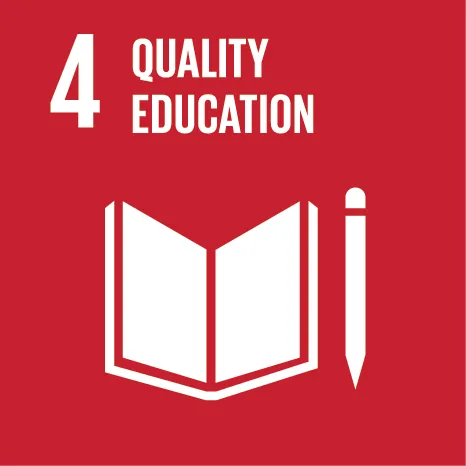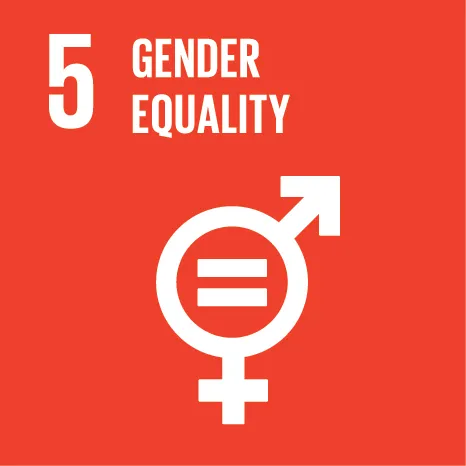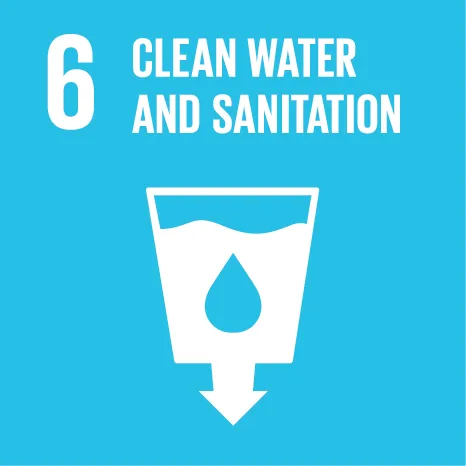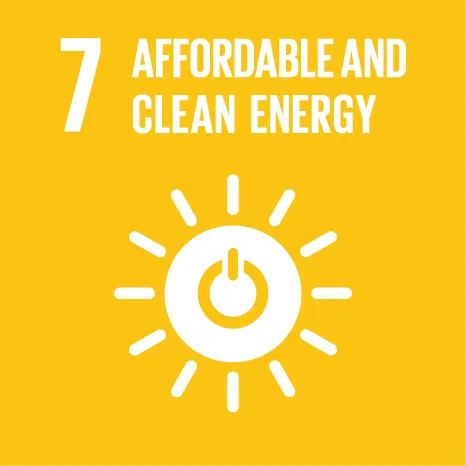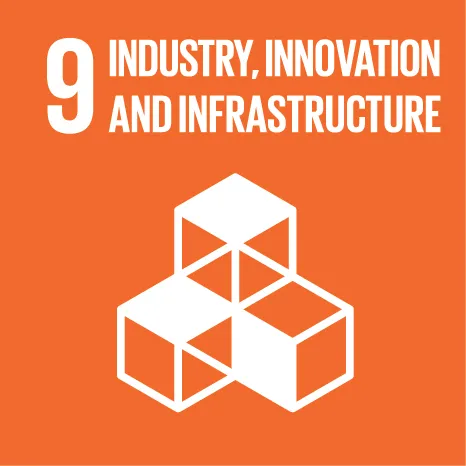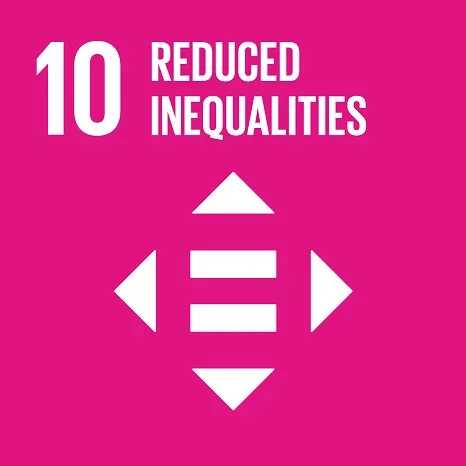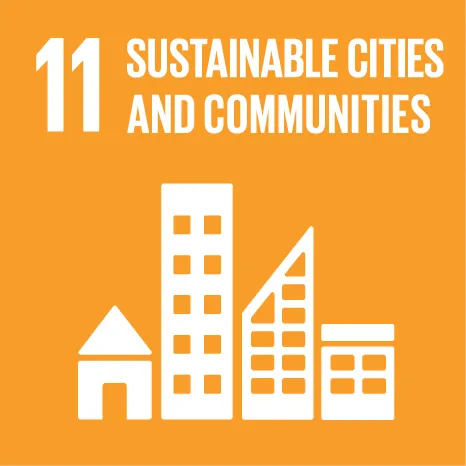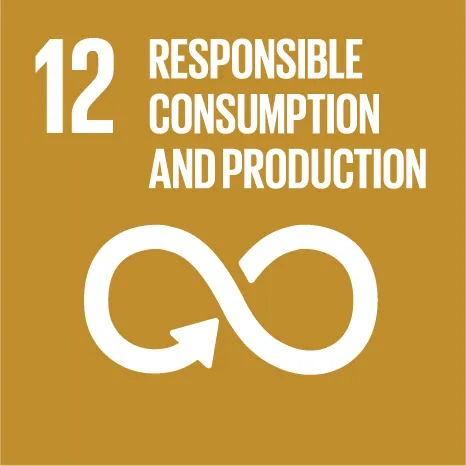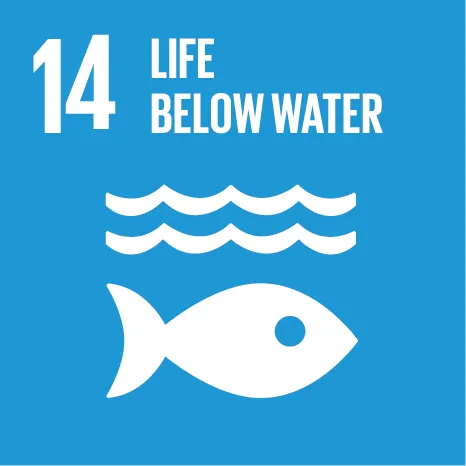Our work and commitment are directed towards respecting the internationally recognized standards of public-private partnership, which is crucial in achieving the goals of sustainable development according to the 2030 Agenda for Sustainable Development.
Thanks to our aspiration to follow international strategic frameworks, our work is recognized by international organizations such as the UN Economic Commission for Europe (UNECE). For years, we have been participating in the work of the UNECE PPP to further achieve the goals of sustainable development through the projects we are working on. Also, we are regular participants in UNECE panels and conferences where we try to convey examples of good practice, to be promoters of development projects that change the face of Serbia.
Year after year, our projects are presented at the international UNECE Forum as examples of good practice. We are pleased that our project “Reconstruction of public lighting in Zajecar” received special praise from UNECE for reducing carbon dioxide emissions and protecting the environment, as well as for compliance with the goals of sustainable development and circular economy.
Our projects have convinced us that it is necessary to expand the possibility of repeating successful projects in other local communities, that is, to work on their replicability.

Goals of sustainable development
In September 2015, at the United Nations summit, resolution A/RES/70/1 – “Transforming our world: the 2030 Agenda for Sustainable Development” was adopted. Agenda 2030 represents a universal strategy that requires the combined efforts of all member states in order to achieve the goals of sustainable development by 2030.
Consisting of 17 goals, Agenda 2030 emphasizes three key dimensions of sustainable development:
- economic prosperity,
- social inclusion and
- environmental protection.
The Sustainable Development Goals represent an urgent appeal to all countries, regardless of their level of development, to join in a global partnership.
The fight against poverty and other challenges requires strategies that promote health and education, reduce social inequalities and stimulate economic growth, while simultaneously tackling climate change and contributing to the preservation of our ecosystems, including oceans and forests.
More on link.
The European Commission is actively engaged in issues of sustainable development, implementing the goals of the UN Agenda 2030 through the concrete implementation of policies and recommendations, appropriate funds and management instruments, with increased field monitoring.
Since 2010, sustainable development has become a key element of the Europe 2020 Strategy, based on three main pillars:
- “smart growth”
- “sustainable growth”
- “inclusive growth”
Serbia is actively involved in the implementation of sustainable development goals and the UN Agenda 2030.
Through the participation of citizens in consultative processes after 2015, as well as direct presence at global forums where the goals of sustainable development are defined, Serbia is engaged in the achievement of these important global goals.

UNECE PPP Evaluation methodology for evaluating infrastructure projects – PIERS
The PIERS methodology is a document established by the UN Working Group on Public-Private Partnerships in 2021, with the aim of combining the efforts of governments, the private sector and civil society in achieving the 2030 Agenda for Sustainable Development through a public-private partnership model for sustainable development goals.
The PIERS methodology is designed to help address the challenges brought about by the pandemic, and to contribute to progress towards achieving the Sustainable Development Goals, including improved access to health care and employment, better housing affordability and women’s economic empowerment.
The five basic outcomes specified in the PIERS methodology, which are key to the achievement of sustainable development goals through the implementation of public-private partnership projects, and which are considered in our projects, are:
- Access and equity
- Economic efficiency and fiscal sustainability
- Environmental sustainability and resilience
- Replicability
- Involvement of stakeholders
The PIERS methodology analyzes these five outcomes in public-private partnership projects in order to reach the goals of sustainable development and observe their impact on infrastructure, but also to overcome the challenges of growing global climate change.
By applying the PIERS methodology to public-private partnership projects, emphasis is placed not only on value for money, but also value for people and for the planet.
Our projects are aligned with the highest standards, including the application of the PIERS methodology for monitoring infrastructure projects based on the public-private partnership model.
We have official accreditation as an international evaluator of public-private partnership infrastructure projects.
More on link.



